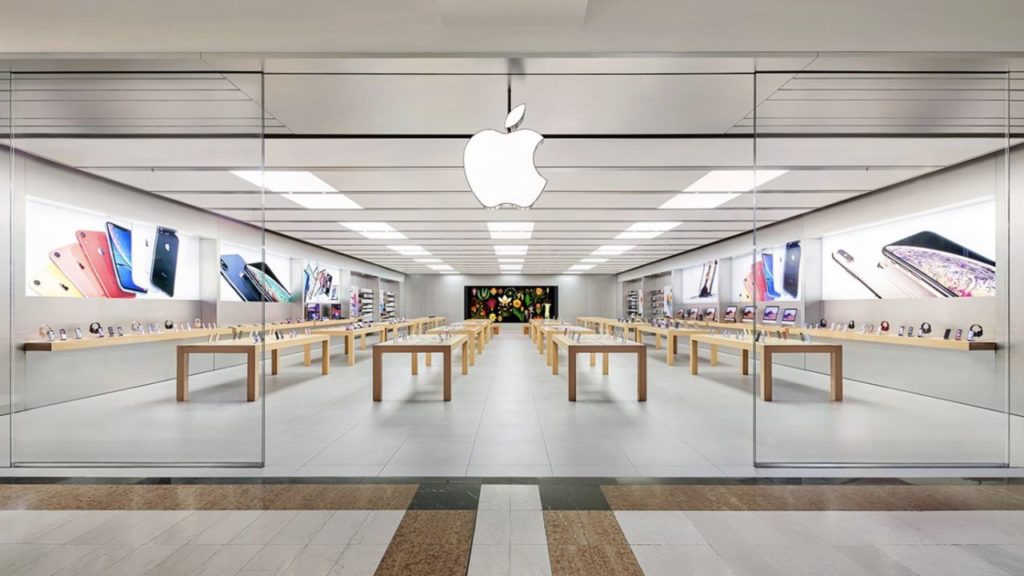
Taiwanese startups blocked by Apple
"We were essentially trying to build weather forecasts but for public health," said Bitmark CEO Sean Moss-Pultz. "We would have allowed people to voluntarily offer information about their symptoms and what they are trying to do to improve, and link it to public data from public health offices."
Just because the World Health Organization excludes Taiwan, the small Asian nation has developed a unique set of software tools to combat COVID-19. However, the Apple Store only lists health apps published by government or non-profit entities.
This means that the small nation's startup community has limited access to mobile users. According to a report by the analyst firm AppWorks, there are approximately 112 blockchain startups in Taiwan, including the BSOS supply chain management startup, which received an investment from the National Development Fund of Taiwan earlier this year. Mainstream app stores would accept the app, called Autonomy, only if it was the government of Taiwan itself to release it.
The dilemma between constantly censoring or moderating content
Apple and Google are not the only technology giants to define public choices on the pandemic. Amazon, for example, forced Bitcoin supporter Knut Svanholm to remove a short paragraph on the coronavirus from its self-published book via Kindle in April.
Colin Steil, co-founder of the Taiwanese blockchain startup Cartesi, said that technology companies "must always proceed with caution" to prevent their software from being "used to cause unrest in political affairs".
Companies like Facebook and Twitter are both heavily criticized for rampant disinformation campaigns on their platforms, although they have adopted radically different approaches to moderation.
Critics seem to consider the opposite of censorship, not digital anarchy, but consistently high-quality moderation. "Taiwan took the pandemic very seriously because of its previous experience with viruses, and reacted with a method that used all the tools and technology they had available," said Steil, highlighting the contrast with public policies of the other nations.
Blockchain Commons founder Christopher Allen, who teamed up with Bitmark at the May hackathon and is a supporter of decentralized identity technology, said that "good actors" among the giants of Silicon Valley are often "hindered" by targets company.
So far, American tech companies dominate public services, sometimes even running servers for government agencies, he said, in ways that other private companies can't compete with. "I don't think their intent is harmful in any way, but the nature of keeping out of the competition has potential damage," Allen said.
In short, a nice political problem could arise between Taiwan and the USA, not that the need is felt right now. You wish to buy Apple shares? Find out how to do it in our simple guide.
